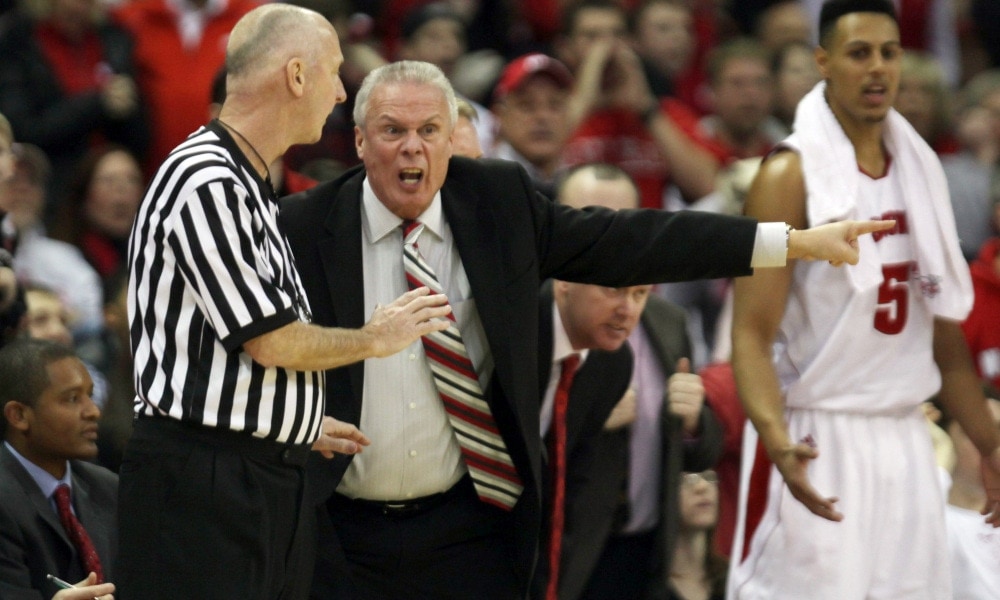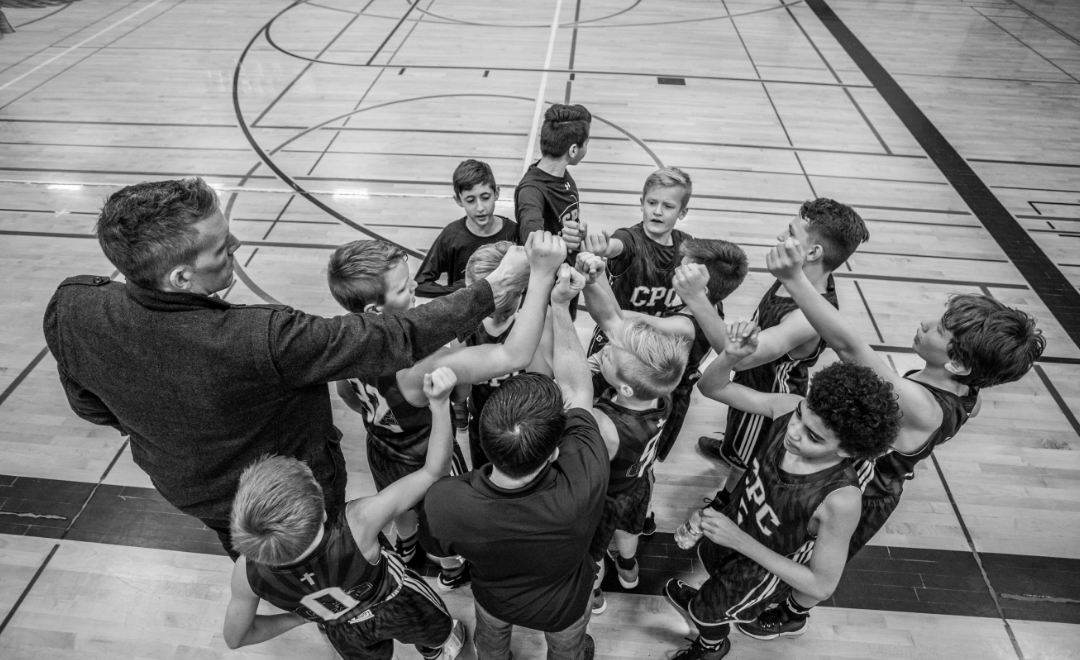Coaching youth sports presents a unique opportunity to mold the hearts and minds of young people.
Youth coaching should be especially focused on helping athletes do two things of great importance: work hard and work together.
In recent years, youth sports has been increasingly commercialized, giving rise to organizations like the Amateur Athletic Union (AAU). The construct of an organization like AAU is fuel for an environment where players must spend more time and money practicing one sport in order to remain competitive and where coaches are incentivized monetarily to see their players win scholarships.
In addition to the rising monetization, youth sports has also shifted towards a more competitive and exclusive environment. Multi sport athletes are in decline.
And, the athletes that make teams and continue on past middle school are the ones that pick one sport and play it year round.
(Disclaimer: I am not a historian or a scientist or an analyst, nor do I claim to be. So, if you don’t believe me, take a look at this historical perspective or this outlook on the pressure from parents or this data study on declining participation and rising costs.)
So, in the case of male sports, how can youth coaches make men of their players?
Let’s answer this question by looking through the lens of 4 ways coaches fail to make men of their players:
#1: The Point Is To Beat (Be Better Than) Other Players
“We’re going to beat these guys!”
Ever heard that one before?
Youth coaches commonly encourage their players to beat the other team, to beat those kids.
While the intention behind these words might be good, coaches should be aware of the negative impact that this kind of language can have on players.
“We’ve got to beat these guys” points players to measure a part of their self-worth on whether or not they beat the kid standing opposite them.
In other words, this exhortation focuses player’s minds on beating and being better than others rather than focusing them on holding themselves to the highest standard regardless of who is on the opposing team.
Players, then, should be turned away from an (unhealthy) extroverted desire to be better than everyone else and turned towards a (healthy) introverted motivation of self.
#2: Do Whatever It Takes To Win
“Winning isn’t everything; it’s the only thing.”
This quote is attributed to UCLA Bruins football coach, Henry Russell (“Red”) Sanders and has been used by coaches, analysts, speakers, parents, and players alike to establish a mindset that success equals winning.
I couldn’t disagree more. (I’m also not a wounded warrior who has only ever been a part of losing teams; I’ve been blessed to have many successful seasons as both an athlete and coach.)
And, I’m not the only one who disagrees.
Legendary UCLA Bruins basketball coach and motivator, John Wooden, stood firmly by his belief that he should never speak about winning and losing, and only focus on his definition of success, also known as the Pyramid of Success.
Listen to what John Wooden has to say about winning vs success in this powerful TED Talk:
Read More: The Difference Between Winning and Succeeding
It’s hard to disagree with the “Wizard of Westwood.”

#3: Yelling At Refs Like They’re Lesser Than Human
Youth coaches not only influence their players by what they say, but also by what they do.
From AAU all the way to church leagues, coaches verbally push, prod, challenge, and even threaten referees. They do it multiple times per game, dozens of times per week, hundreds of times per season — all while their players are watching.
Ironically, many coaches get frustrated when their players talk back to the ref or argue with a call, yet they repeatedly ignore their own advice. Did someone say hypocrite?
To put things in perspective, South Carolina men’s basketball coach, Frank Martin, shared this perspective on respecting referees within youth sports:
Once you watch it, I encourage you to watch it again and share it for others to see.

#4: 99.2% of Kids Aren’t Going Pro. And Most Aren’t Getting A Scholarship To College
Ok, I don’t know if that statistic is completely accurate. Again, I’m not a professional analyst.
The statistics for how many high school athletes go to the NCAA (and, especially, to Division I) and the number of NCAA athletes that transition to Major Pro Sports is staggeringly low.
Spend 20 minutes digging into the data and reading a couple of graphs and pie charts, and you will quickly realize how slim a kids chances are of making it to the major pro level.
Pointing out the limited likelihood that a young man will make it to the highest level of athletics isn’t meant to be defeatist; rather, it’s meant to sobering.
If coaches simply push their team to go pro and make it to the “next level,” they will statistically succeed in helping approximately 95% of high school athletes rush towards failure.
Don’t Fail Them. Inspire Them.
The overwhelming majority of young men playing sports will not going on to play at a high collegiate level.
All of them will, however, become men with jobs, with families, with vocations. We must aim to help each and every one of them succeed, inside and outside of athletics.
Coaches (and parents alike) must develop a healthy understanding of what it means to be successful and then teach athletes, in both words and actions, what it means to work hard and work together to achieve success.
Coaches (and parents), if we can do this then we can help our players have a true, full knowledge that “success isn’t everything; it’s the only thing.”
This post about youth coaching tips was originally guest posted at Authentic Masculinity. Authentic Masculinity provides encouragement, skills and an exclusive men’s network to men who want to work hard to improve every aspect of their lives. Click here to visit their website and learn more.

Jeremy Minick is a co-founder of Sports Vision, played 30+ seasons of basketball and soccer up through the collegiate level and is currently the Men’s Basketball Head Coach at Christendom College. He has attended DI camps and has coached over 200 athletes through Sports Vision camps. Jeremy believes deeply in the power of sports to help shape athletes into virtuous men and women.


